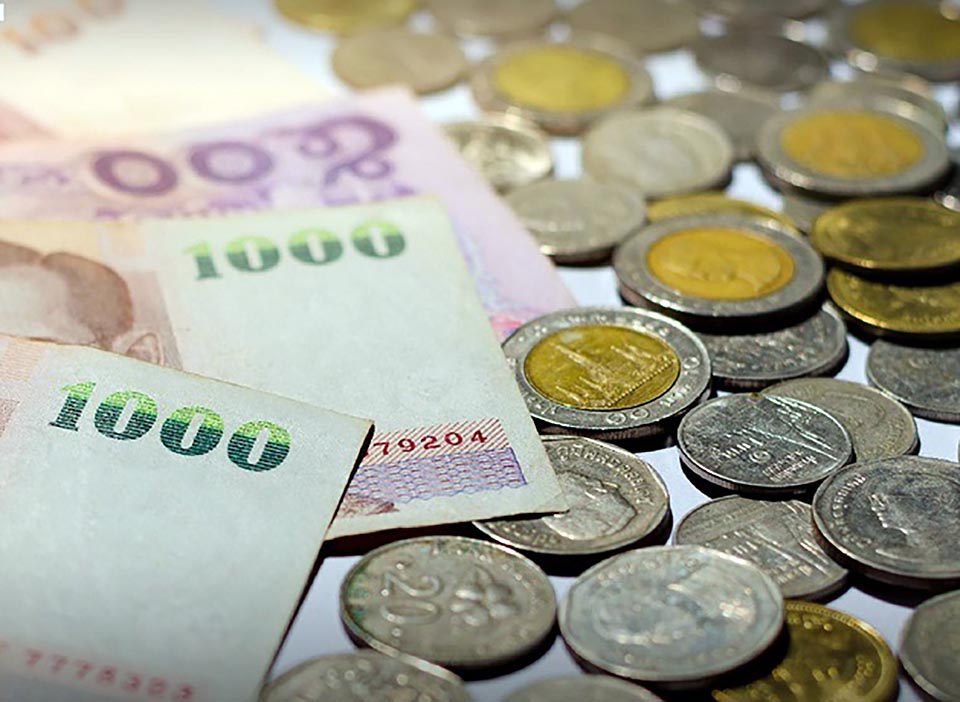
A market strategist has said weakness in the dollar after the Fed meeting would encourage investors to be bullish on the baht, relying on the recent green shoots observed in tourism and the economy.
The assessment was made by Krung Thai Bank strategist Poon Panichpibool after a recent poll found that bearish bets on the Thai baht extended on risks around recession, the Chinese economy and inflation, while short bets on most Asian currencies eased slightly but remained firmly around multi-month highs.
The fortnightly poll of 13 analysts showed short bets on the Thai baht were the highest since January 2018, having steadily built up since early-March when the Ukraine war set off a series of factors and pressured the tourism-reliant, net oil importing country.
Thailand, Southeast Asia’s second-largest economy, is among the laggards on the policy normalization bandwagon, which its peers and major central banks have hopped on since long, further elevating the risks of a negative impact from rising costs amid weak activity in top regional economy China.
The Thai currency, the most shorted among Asian units, has depreciated about 14% since the Russia-Ukraine conflict, and 10.3% so far this year, placing it at the bottom of the rung with the Indian rupee and South Korean won.
Nevertheless, the revitalized tourism sector and rising domestic consumption have been positive boosts for the Thai economy.
The Fed overnight delivered another 75 basis point rate hike, and reiterated its resolve against stinging inflation in the world’s biggest economy even at the risk of economic weakness and a slowing jobs market. (NNT)
 |
 |
 |





